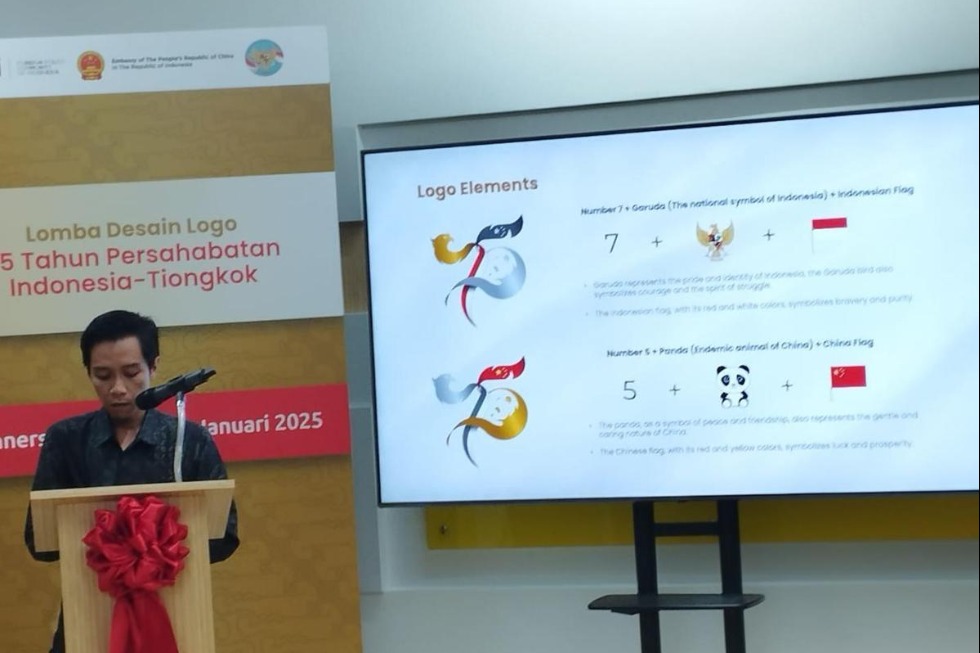US apple farmers feeling tariffs' bite

West Coast states concerned about downward pressure on US prices
The apple industry in California, the fifth-largest producer of apples in the country, is concerned about the indirect impact from China's new tariffs, which may create oversupply domestically.
The states most impacted by the 15 percent retaliatory tariffs on US apples, which went into effect on April 2, are Washington, California and Michigan.
California doesn't directly ship apples to the Chinese mainland, but reduced export rates of other apple-producing states could potentially put pressure on the domestic market and push down prices as a result, said Alexander Ott, executive director of the Fresno-based California Apple Commission.
Besides the potential of lowered prices to producers, Ott is also concerned about the potential for other countries to "get the idea that they too can do the same" and have a direct impact on the state's apple industry.
Though 75 percent of the apples produced in California are shipped domestically, the California Apple Commission said in its 2017 annual report that China's imports of deciduous fruit will continue to increase on strong demand for high-quality fruit and off-season supplies.
"Fruit exports will continue to rebound if we continue to have increasing but low-priced foreign supply" in the Chinese market, it said.
US apples gained access to China in 2015, and exports have grown to 2.5 million boxes per year, Jeff Colombini, president of Lodi Farming Inc, told Western Farm Press on Friday.
Colombini's company farms apples, cherries, walnuts and olives in Lodi, California. Several of his commodities are affected by the tariffs.
"This is significant and of concern because China is an emerging market," he said. "If apples don't find a home overseas, they go to California or to the East Coast."
A shipment of apples from Washington was rejected at China's Shenzhen port on Saturday. The fruit was sent back to the US, according to a FreshPlaza report on Monday.
The potential additional duties on the US apples are estimated at $8 million, according to a new report from Farmers for Free Trade. Last year, the US exported $56 million worth of apples to China.
The retaliatory tariffs "substantially weaken the competitiveness of American agriculture" and also incentivize Chinese importers to look to other markets, said the report titled Farmers Pay the Price: Steel & Aluminum Retaliation.

































